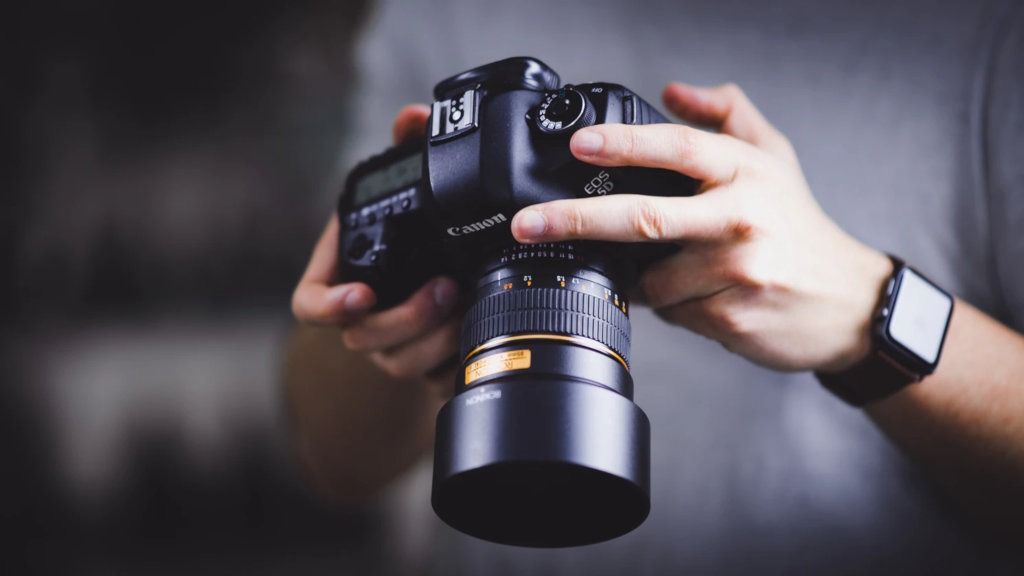What Photographers Need to Know About Business Expenses
As a photographer, managing your business finances can be complex, especially when it comes to understanding which expenses you can claim. This comprehensive guide will walk you through essential tax relief strategies for your photography business, whether you’re a sole trader or operating through a limited company.
Understanding the “Wholly and Exclusively” Rule
When claiming business expenses, HMRC requires you to demonstrate that the expense is “wholly and exclusively” for your trade. This means:
- Equipment like cameras must be primarily used for professional purposes
- Personal items cannot be disguised as business expenses
- The connection to your core business should be crystal clear
Sole Trader vs. Limited Company: Key Differences
Sole Traders must prove expenses are directly related to their trade, while Limited Companies face a slightly stricter “wholly, exclusively, and necessarily” standard. For instance, you can’t claim a camera just because you prefer a specific brand over what your studio typically uses.
Claimable Expenses for Photographers
Equipment and Hardware
Photographers can typically claim expenses for:
- Cameras, tripods, and protective carrying cases
- Professional lighting equipment and reflectors
- Memory cards and spare batteries
- Computers and specialized photo editing software
- Hard drives and photographic film
- Lenses and filters
Premises and Utility Costs
Whether you work from a dedicated studio or home office, you can claim:
- Rent for commercial photography spaces
- Proportional utility bills based on business use
- Property insurance
- Security measures for protecting expensive equipment
- Business and water rates
Travel and Professional Development
Allowable expenses include:
- Work-related travel tickets and mileage
- Hotel accommodations and meal costs for business trips
- Training courses to enhance photography skills
- Professional magazine and journal subscriptions
- Specialised protective clothing or branded work uniforms
- Conference and workshop attendance fees
Strategic Expense Tracking
Record-Keeping Best Practices
1. Maintain Comprehensive Documentation
- Save all receipts and invoices
- Add detailed supporting notes
- Organise digital and physical records systematically
2. Leverage Technology
- Use cloud accounting software like FreeAgent
- Utilise mobile apps for real-time expense tracking
- Create digital backups of financial documents
What Not to Claim
Avoid attempting to claim:
- Personal clothing (except branded uniforms)
- Expenses mixed with personal leisure activities
- Equipment with minimal professional connection
- Weekend breaks disguised as business travel
Pro Tips for Maximizing Tax Relief
- Demonstrate clear business purpose for each expense
- Be transparent and reasonable in your calculations
- Prepare documentation that withstands potential HMRC scrutiny
- Consider the long-term professional development aspect of investments
Seeking Professional Guidance
Tax regulations can be intricate and constantly evolving. Consider consulting with an accountant who specializes in photography business finances to ensure you’re:
- Maximising legitimate tax relief
- Staying compliant with current regulations
- Developing a robust financial strategy
Disclaimer: This guide provides general advice and should not be considered definitive financial guidance. Always consult a qualified accountant for personalised tax strategies specific to your unique business circumstances.
The Wrap Up
Effective expense management is more than just saving on taxes—it’s about building a financially sustainable photography business. By understanding and strategically applying these principles, you can focus more on your craft and less on financial complexities.
Would you like personalised advice on managing your photography business expenses?
Reach out to our specialist accounting team for a comprehensive consultation.


